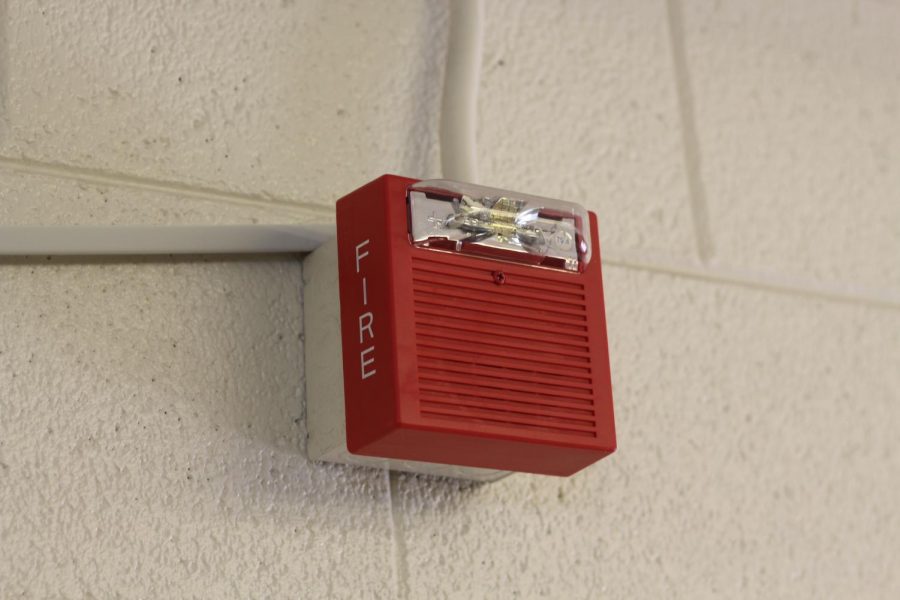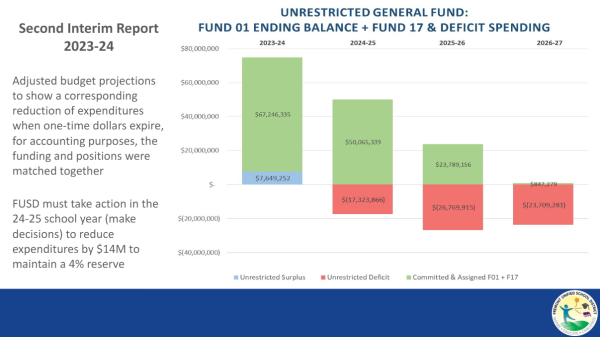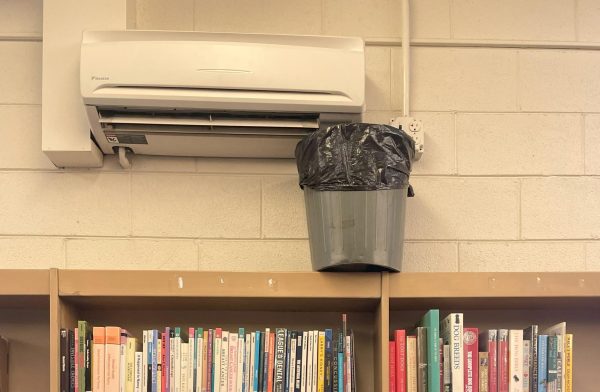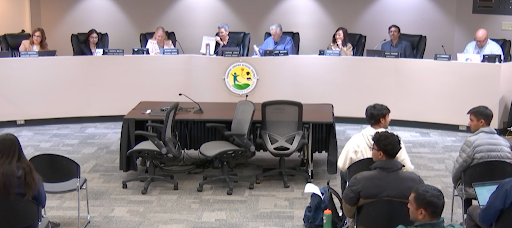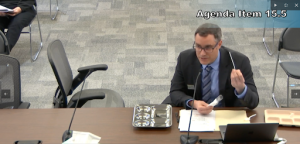Fire Alarms At Irvington Frequently Triggered
Repetitive fire alarms throughout the semester have raised some concerns.
Throughout the past two months, fire alarms at Irvington have caused frequent evacuations and interruptions to class due to unmaintained sensors and various accidental triggers. Multiple occurrences within one period have also raised concerns about the possibility of desensitizing students and staff to alarms. The alarms’ settings have been updated, and are currently functioning as intended.
These fire alarms were initially maintained and checked on annually by a fire marshal, who determines whether they are functional and clears any potential fire safety concerns, such as loose fabric or blocked entrances. However, the COVID-19 pandemic effectively paused any of these checks for a year, as few companies were operating regularly. While routine maintenance had been performed in anticipation for the new school year, buildup of dust and smoke particles on fire alarm sensors located in smaller, more enclosed spaces caused a number of false alarms throughout September. Another series of alarms were accidentally triggered during system updates.
“If nobody is aware that there’s buildup on the sensor, as it continues to build, it hits that threshold,” said Irvington Principal Nathania Chaney-Aiello, “The sensor says, hey, we’ve got too many particles on us, we think there’s a problem. You need to check this.”
Two other alarms through October were set off by a science experiment in the P-wing and a burning object left in a boys’ bathroom in the senior hallway, respectively. In these cases, the fire department and Irvington’s SRO verified that no accelerant was used or present, and the campus was evacuated.
Although none of these incidents directly endangered students, they served as effective practice for a potential emergency, especially because they tested alarm procedures when evacuating newer buildings. They also proved that alarms work in the presence of a legitimate fire. “[The alarms] were setting off when they were supposed to be going off, there was smoke in the room caused by fire. And that’s exactly what they’re designed to go off for,” said Chaney-Aiello.
Since the false alarms, FUSD maintenance’s alarm specialist has changed alarm settings so that when smoke concentration hits a certain threshold, a warning message is displayed on a panel inside the main office, and alarms will not be falsely triggered. These messages provide an approximate location for residual smoke, which either the principal, assistant principals, or secretary will investigate and clear, according to Principal Chaney-Aiello. Without an immediately obvious cause, fire crews will determine if there is a threat; if one sensor is repeatedly triggered, alarm maintenance will disable it and inspect its wiring.



